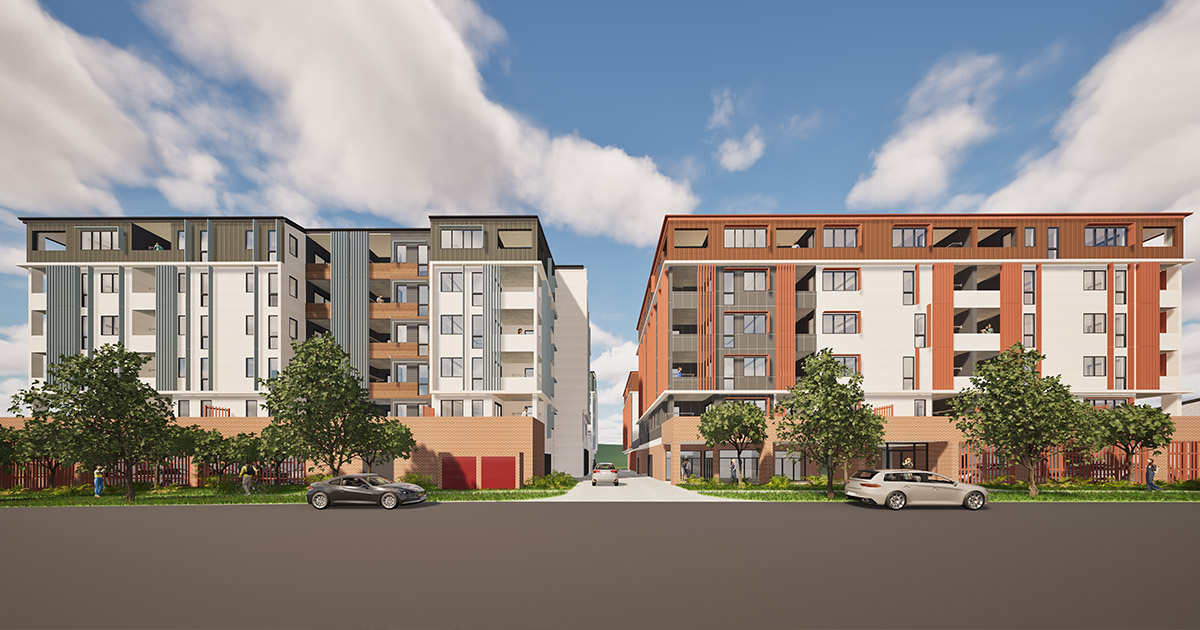The Michael Project
Beginning in 2007, The Michael Project was a three-year Mission Australia initiative that aimed to help homeless men in Sydney to improve their lives.
This integrated model, generously funded by a private donor, linked housing with care and support to help the men work on their overall wellbeing.
Putting a roof over someone’s head is not enough to break the cycle of homelessness, so The Michael Project provided intensive “wrap-around” support services tailored to the individual’s needs – be they dental, psychological, medical, social or vocational.
Importantly, this support was provided immediately, as and when it was needed.
The Michael Project included a longitudinal research component carried out by collaborative team, led by Dr Paul Flatau. Over the years, the team built an evidence base that we hope will change the way homelessness services are delivered.
The results, published in The Michael Project, 2007-2010: New perspectives and possibilities for homeless men, show that with appropriate and timely support, some of the most marginalised people in our community can dramatically improve their lives.
The findings
Of the thousands of men who passed through The Michael Project, 253 entered the research study and we followed up with 106 after 12 months.
The research, some of the most detailed on homeless men ever conducted in Australia, found that a year after entering the service the men improved their:
- Health and wellbeing – reducing their hospitalisation rate from four to 1.7 times that of the general population and reporting improvements in their quality of life.
- Social and economic participation – reporting they were half as likely to feel isolated and three times more likely to be employed, with nearly 20 per cent in employment.
- Housing – with about half in stable accommodation, and only 16 per cent in crisis accommodation as opposed to 97 per cent on entering the service.
The savings
Reducing homelessness not only changes lives, but also saves us money. The cost-benefit analysis for those men tracked over the year showed they were far less likely to access publicly-funded health and justice services.
So it costs us more to leave someone homeless than it does to help them. Mission Australia will use these findings to push for a better homelessness service system.
Thanks to our partners
The Michael Project was made possible thanks to the generosity of a private donor, whose further support is now enabling Mission Australia and our partners to operate Michael’s Intensive Supported Housing Accord Service (MISHA), an integrated program for homeless men in Sydney’s west that builds on the experience of The Michael Project.
The research project was led by Dr Paul Flatau of the Centre for Social Impact, University of Western Australia (formerly Murdoch University) and included researchers from the National Drug and Alcohol Research Centre at UNSW, the Social Policy Research Centre at UNSW and Mission Australia’s Research and Social Policy Unit.
Thanks also to FlowConnect who developed the research database and Ogilvie Impact for creating the animated presentation.
Our services
Latest news, media & blog articles
Read about what we’ve been working on, our stance on important social issues and how you make a difference to vulnerable Australians' lives.



